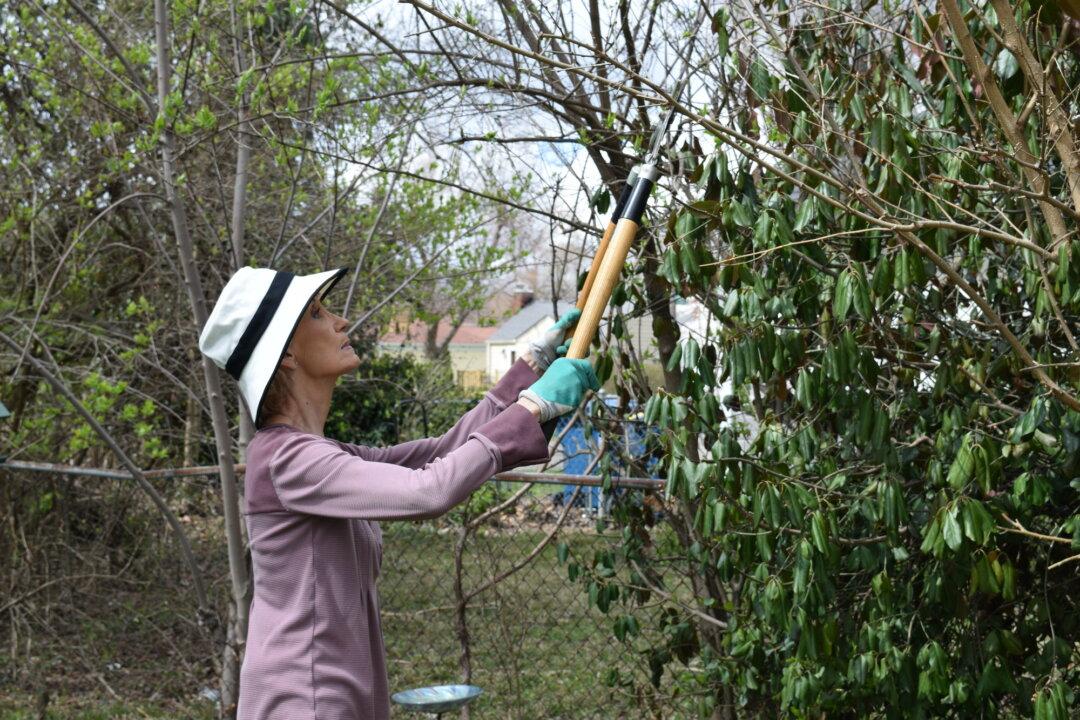Andrea believed she had done her best in today’s ballet class. Even so, she couldn’t keep a warm tear from sliding down her cheek because she felt rejected and unnoticed among the twirling hopefuls.
She looked pale and troubled as she gathered her paraphernalia and rushed out the studio door. That one little tear led to a deluge of waterworks as she ran to catch up with Emilia, a fellow student, who was a few feet ahead of her. Between gasps and sobs, she wailed, “Oh no, Mr. Fokine didn’t give me any corrections today!”






